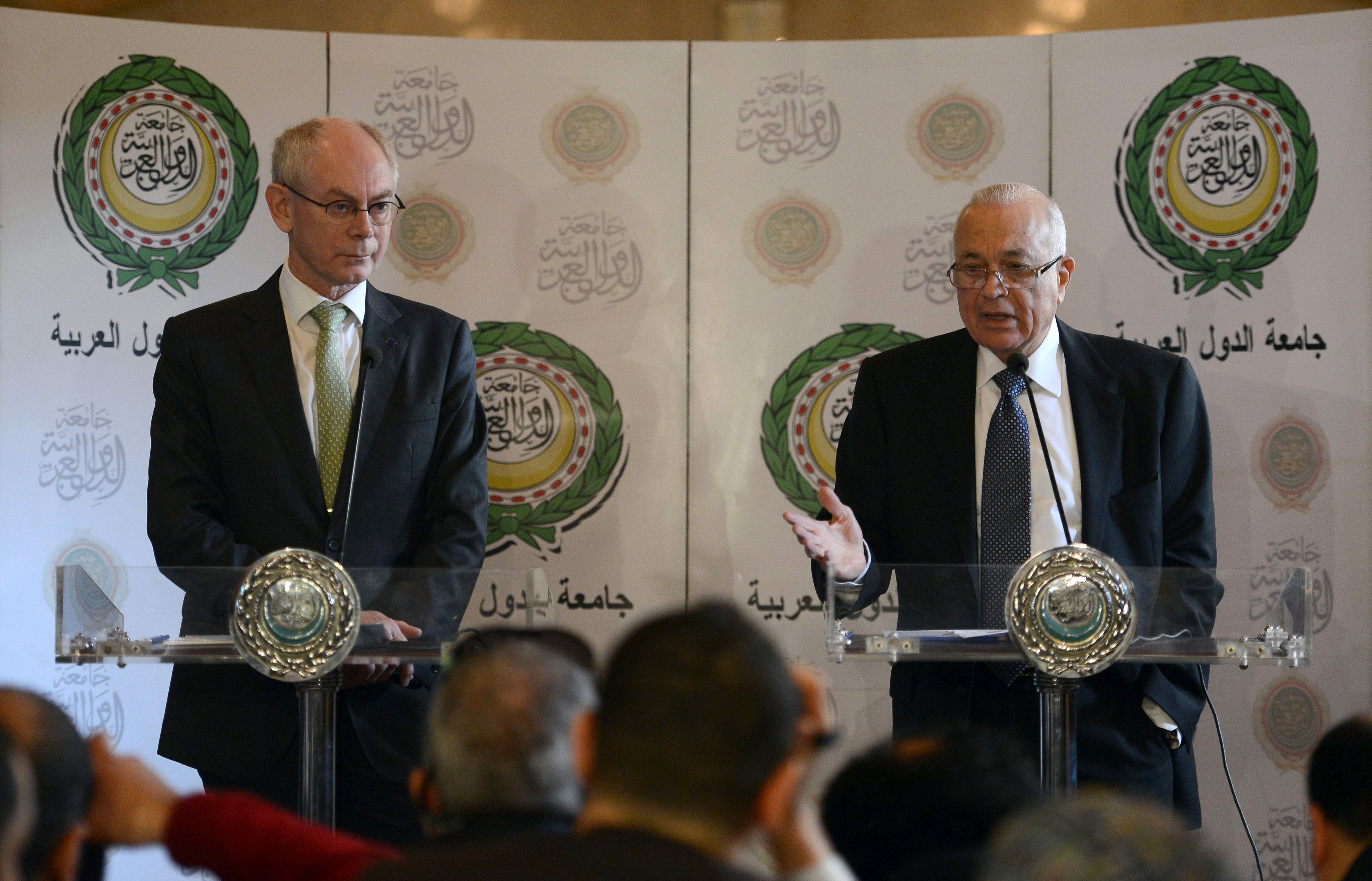
By Taher El Moataz Bellah
30 June is a day that is regarded by many as the second revolution and the first against the Muslim Brotherhood regime. However, it is useful to remember what has happened to Egyptians since 25 January up till now. Even though legitimate demands were chanted, they were never transformed into tangible realities. This is not the sole outcome of the horrific mismanagement of the country by the Muslim Brotherhood, but the collective responsibility of all the political players that have emerged since the revolution.
On 25 January, Egyptians from different social and economic backgrounds took to the streets to express their frustration with Mubarak’s repressive regime and voice their legitimate demands. These demands were summarised in a simple, yet powerful chant that turned into the slogan of the revolution: “Bread, Freedom, and Social Justice”. Sparked by an educated middle class, that regarded freedom as its primary goal, the revolution would not have succeeded if it was not for the support of the lower classes that out-manoeuvred the police in street confrontations. In addition the working class organised waves of strikes during the final days of the revolution in several other locations to prevent the regime from isolating Tahrir Square. While the upper and middle classes cared more about freedom – as they had their bread and social status already secured – the lower classes prioritised bread and social justice more. Thus, despite sharing the same collective goals, each class prioritised a certain demand above others.
On 11 February, the ousting of Mubarak marked the start of a promising new era of political freedom and thus the most important demand of the middle class was secured. Despite the fact that bread and social justice were not yet attained, the middle class left the square and decided to resume their lives while urging members of the lower classes to return to work, in order to protect the sacred wheel of production. Suddenly, the lower classes were ruthlessly abandoned. Moreover, whenever the unprivileged tried to fight corruption in their institutions and demanded fair distribution of wages, they were defamed by the media, attacked by the military police, and their demands were branded as categorical(fe’aweya), selfish and impatient. Thus, instead of carrying the revolution from the square to the institutions, the revolution never left the streets. The middle class revolutionaries who were the poster child of the elegant revolution betrayed the lower class, and trampled their rights while chanting for their cause.
After the Muslim Brotherhood assumed power with the help of charity work and Islamic propaganda, it sided with the business class by favouring increased investment at the cost of workers’ rights and declined to implement a minimum wages scheme in the public sector, despite a court ruling. They betrayed the lower class which had delivered them to their leather seats through their trusting votes. The Brotherhood was constantly attacked by the National Salvation Front for their failure to achieve social justice. This can only be achieved by protecting lower classes from sweeping neoliberal policies and by maintaining if not increasing state subsidies while strictly regulating market prices until an improved social security network is established.
The National Salvation Front has proved to be equally opportunistic, impotent and isolated. They attacked the regime for failing to strike a deal with the ostensibly benevolent International Monetary Fund instead of standing up for the poor and looking for other sources of funding. The lower class was betrayed for the third time by the media-addicted opposition that fights for a larger piece of the pie while ignoring those who can’t even afford the smallest slice. The lower class was both ignored and abused by a noisy opposition which doesn’t shy from speaking on its behalf while trading off its suffering.
This repeated betrayal has fuelled the anger and frustration of this marginalised and seemingly invisible class, creating perfect conditions for the growth of radical ideologies that justify violence, like what happened in Russia 96 years ago. In March 1917, Russians ousted the Tsar because of severe famine, grave corruption, and embarrassing military setbacks in the First World War. Seven months after the famous peaceful Duma revolution, the Bolsheviks took power in October through the arms of the lower class, after the proletariat were disillusioned by the failed promises of the provisional government, which sided with the bourgeoisie and remnants of the monarchy, proving that stability can only be achieved when justice is served.
30 June, like 25 January, will never succeed without the support of the lower classes. Everyone willing to participate on that day should revise their motives and convictions, because unless the demands of the unprivileged are respected and their rights are protected, it will not take long before they realise that their real enemy isn’t the government or the Brotherhood, but rather a class that arrogantly stands in the way of their social mobility. So before joining 30 June protests, remember that there are only two options at the moment: either to side with the poor by actions not by words, or face the poor. Choose wisely.
Taher El Moataz Bellah is the Student Union President at the American University in Cairo and Vice President of the Egyptian Student Union for Private Universities.


